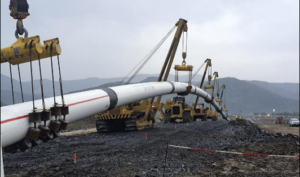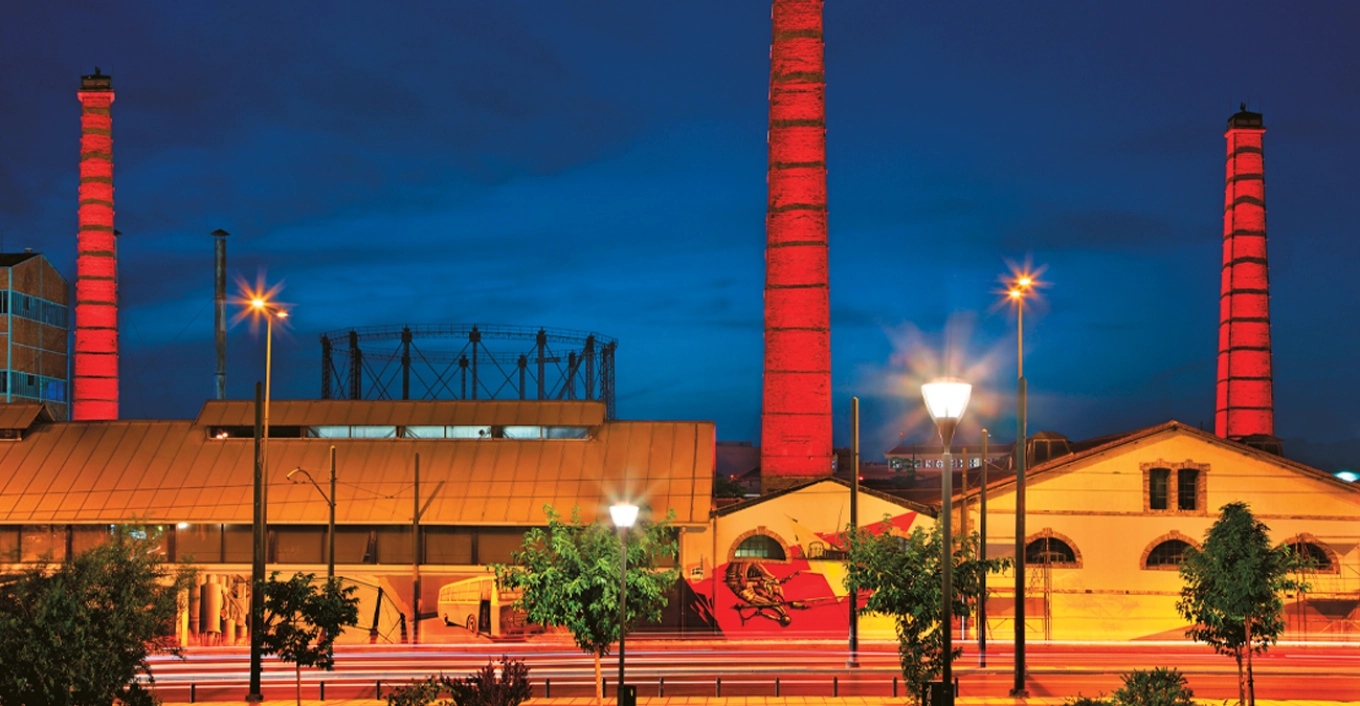Mountainous and remote, the Greek-Bulgaria border once formed the southern corner of the Iron Curtain. Today, it’s where the European Union is redrawing the region’s energy map to ease its heavy reliance on Russian natural gas.
A new pipeline — built during the COVID-19 pandemic, tested and due to start commercial operation in June — would ensure that large volumes of gas flow between the two countries in both directions to generate electricity, fuel industry and heat homes.
The energy link takes on greater importance following Moscow’s decision this week to cut off natural gas supplies to Poland and Bulgaria over a demand for payments in rubles stemming from Western sanctions over the war of Ukraine.
Ukranian official alleges Turkish defense firm stole millions with body armor scam
The 180-kilometer (110-mile) pipeline project is the first of several planned gas interconnectors that would give eastern European Union members and countries hoping to join the 27-nation bloc access to the global gas market.
In the short term, it’s Bulgaria’s backup.
Read more: AP
Ask me anything
Explore related questions





